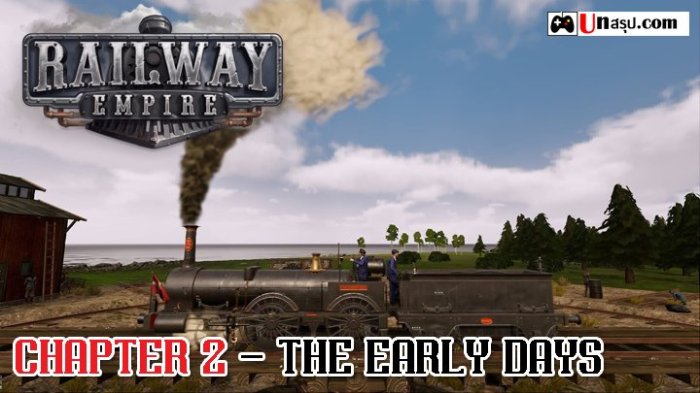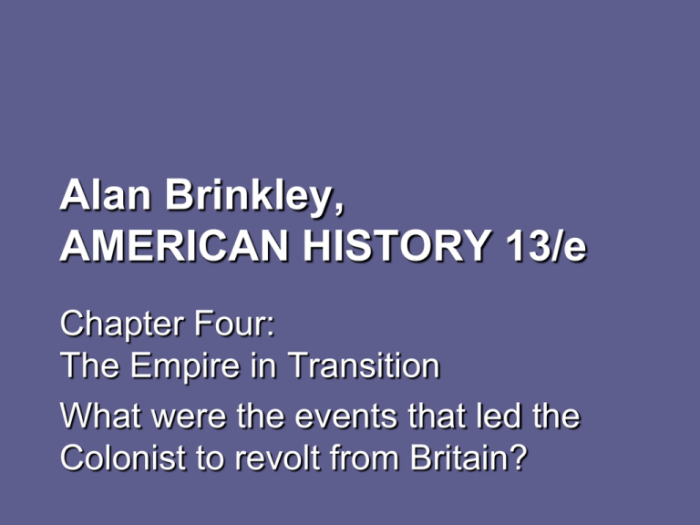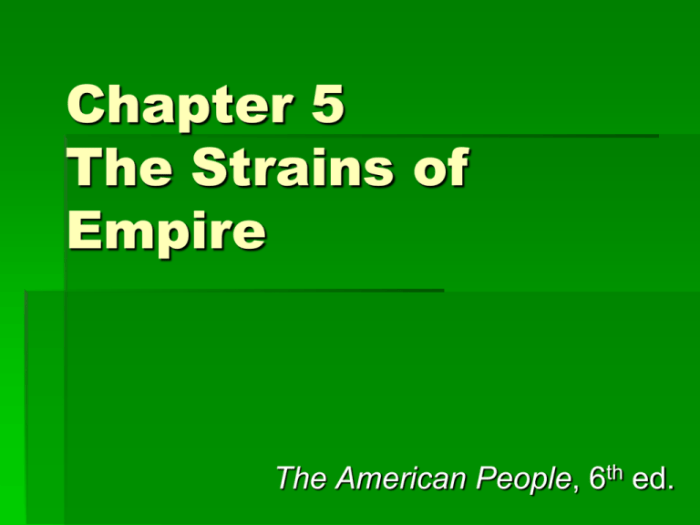Harvest of Empire Chapter 2 Summary: The Long Shadow of Conquest delves into the profound impact of the Spanish conquest on the indigenous populations of the Americas. It explores the establishment of the encomienda system and the emergence of the casta system, which perpetuated social inequality and discrimination.
This chapter provides a comprehensive analysis of the Mexican-American War and its aftermath, including the Treaty of Guadalupe Hidalgo and the implementation of Jim Crow laws in the Southwest. It also examines the Bracero Program and its legacy, as well as the origins and goals of the Chicano Movement.
1. Introduction
The book “Harvest of Empire: A History of Latinos in America” by Juan Gonzalez provides a comprehensive overview of the historical experiences of Latinos in the United States. Chapter 2, “The Long Shadow of Conquest,” examines the profound impact of Spanish conquest and colonization on indigenous populations and the subsequent development of social and economic inequalities.
2. Spanish Conquest and Colonization

Establishment of the Encomienda System, Harvest of empire chapter 2 summary
Following the Spanish conquest of the Americas, the encomienda system was established, granting Spanish settlers control over indigenous labor and resources. This system led to the exploitation and enslavement of indigenous peoples, decimating their populations and disrupting their traditional ways of life.
3. The Emergence of the Casta System: Harvest Of Empire Chapter 2 Summary
The casta system, a complex social hierarchy based on racial heritage, emerged during the colonial period. It classified people into various categories, with Spaniards at the top and indigenous peoples and Africans at the bottom. This system perpetuated social inequality and discrimination, limiting opportunities for non-Spaniards.
4. The Mexican-American War and its Aftermath

The Mexican-American War (1846-1848) resulted in the United States acquiring vast territories from Mexico, including the present-day Southwest. The Treaty of Guadalupe Hidalgo, which ended the war, granted Mexican Americans citizenship but failed to protect their land rights and civil liberties.
5. The Rise of Jim Crow in the Southwest
After the Mexican-American War, Jim Crow laws and practices were implemented in the Southwest, replicating the racial segregation and discrimination prevalent in the South. These laws denied Mexican Americans access to education, employment, and other basic rights, creating a system of second-class citizenship.
6. The Bracero Program and its Legacy
The Bracero Program (1942-1964) brought millions of Mexican workers to the United States to meet labor shortages during World War II and the post-war era. While the program provided economic opportunities, it also exposed workers to exploitation and abuse. The legacy of the program continues to shape the immigration debate today.
7. The Chicano Movement

The Chicano Movement emerged in the 1960s and 1970s as a response to the discrimination and oppression faced by Mexican Americans. Activists fought for civil rights, educational opportunities, and cultural recognition, challenging the systemic barriers that marginalized their community.
Questions Often Asked
What was the impact of the Spanish conquest on indigenous populations?
The Spanish conquest had a devastating impact on indigenous populations, leading to widespread death, displacement, and enslavement.
How did the encomienda system contribute to the exploitation of indigenous labor?
The encomienda system granted Spanish colonists the right to demand labor and tribute from indigenous communities, leading to widespread exploitation and abuse.
What was the significance of the Treaty of Guadalupe Hidalgo?
The Treaty of Guadalupe Hidalgo ended the Mexican-American War and resulted in the United States acquiring vast territories in the Southwest, including California and New Mexico.